According to the French Embassy, located in the Buquoy Palace at Velkopřevorské náměstí, not far from Prague’s famed-for-its-steak-frites Café De Paris, some 4,000 French citizens live in the Czech Republic.
I recently spoke with two of them to find out what it’s like being French in Czechia. Roxane Balavoine and Thierry Etlicher are students living in Prague. Says Thierry of reconnecting with French culture during his stay:
PARTNER ARTICLE
“Sometimes I go to Pivní BAR Blanická because there is a community of French people who organize French aperitif there—I like to go there to talk politics especially during the recent presidential elections.”
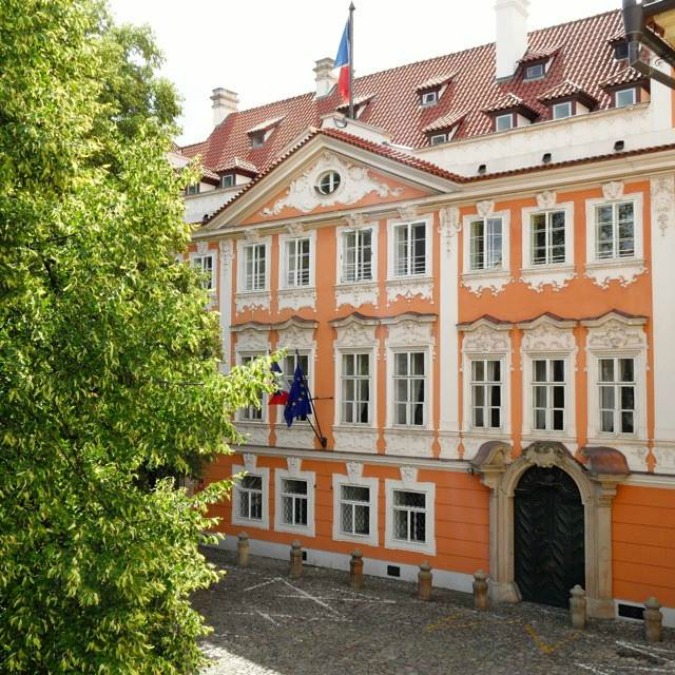
Both compatriots say they hit up Francerie market for a taste of home; Roxanne loves the French restaurant Papi Oliver, the Prague 5 bistro run by descendants of the great French chef Raymond Oliver.
And while she craves French bread, she recently discovered a passion for the Slovak classic halušky se zelím; Roxanne also finds the Czech cost of living low and quality of life high and appreciates the weather which is mild in comparison to her home city of Lorraine.
But living in the Czech Republic isn’t all sunshine and comfort food, says Roxanne:
“I feel like some shop owners treat us differently because we’re French. When they get the point that we are not Czech, some forget to be polite. It gets annoying to feel rejected for no reason.”
Additional culture-shock moments, according to Roxanne: “Pornographic shops on the streets—you couldn’t imagine this in France. It seems like people really like dogs—and maybe cannabis.”
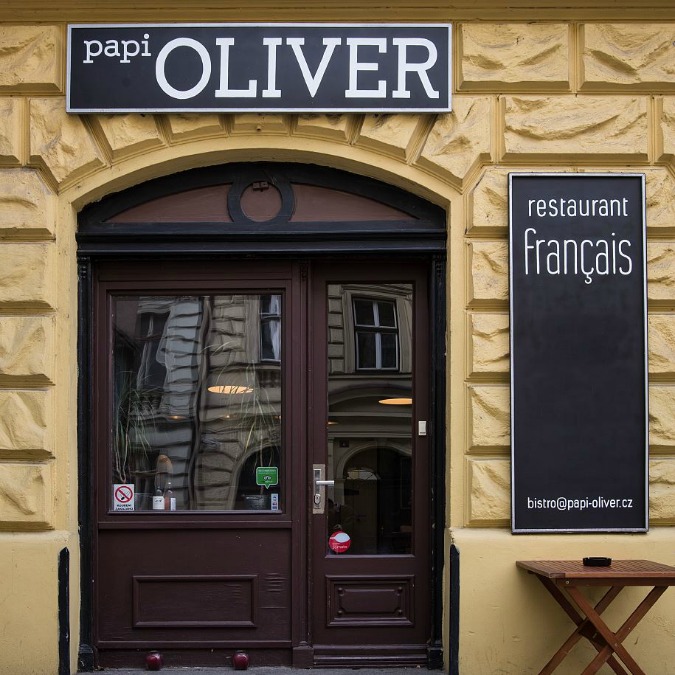
We’ve compiled some additional advice for French readers dealing with Le Culture Shock:
Etiquette
• La bise is the cheek-kissing familiar French use to greet each other. In the Czech Republic, however, air-kissing is common after you’ve only known someone a short time—Czechs kiss on both cheeks, unlike the French way which varies by region.
• Courtesy and being polite are just as important to Czech social customs as they are to the French; say “good day” and “goodbye” when entering and leaving shops—just make sure you do it in Czech.
• Quelle horreur! While it would be unheard of in chic Paris, Czechs tend to wear sportswear out and about.

Les pipis sauvages, are out in full force in the Czech Republic, and just like in France, most restaurants and cafés will welcome your little dog.
Culture & Community
• Czechs are quite charmed by the Brittany region, chanson music, and the films of Alain Delon. In fact, a number of Czech-French co-productions have been filmed in recent years including the biopic Piaf.
• Stay connected with French culture at The French Institute, which in addition to language courses, has a library, cafe, and in-house cinema for French and international-film screenings (many with Eng subtitles) and hosts regular rendez-vous.
• If you are a French family relocating to Prague, Le Lycée Français de Prague is the pre-eminent school for French-language education while Radio Prague has Czech news in French.

Other annual French-themed events in Prague include French Week, the French Market, an annual riverside festival devoted to Breton culture, and the French Film Festival.
Food & Drink
• Czechs don’t drink wine with dinner, they drink it before or after with their chlebíčky or dessert (beer is the mealtime beverage of choice when Czech food is served, though cider is becoming increasingly popular).
• You will feel right at home as Czech meals typically begin with a soup course.
• Czech wine culture is more prominent in Moravia—centuries-old wine cellars beneath towns like Valtice and Lednice will delight oenophiles.
• Can’t live without camembert? Try the Czech equivalent, hermelín.
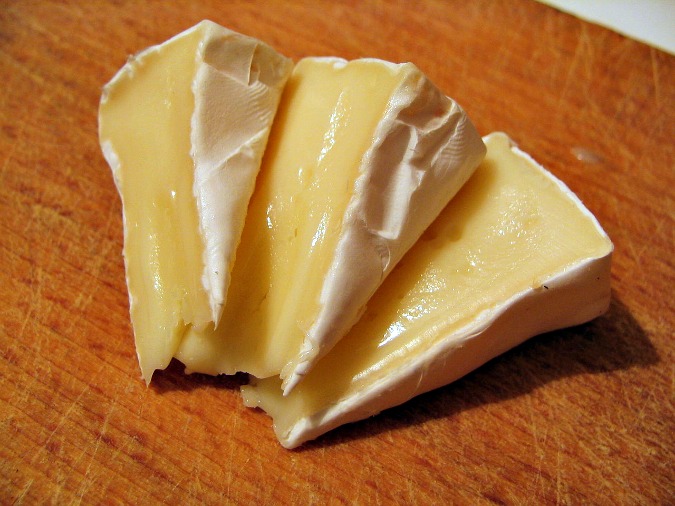
• Czechs also make a good pâté, known in Czech as paštika; try it at the farmer’s markets.
• Czechs have a long history of snail farming; escargots were a popular export to France during the First Republic.
• In France, you cross your knife and fork across your plate to signify that you would like more food—in the Czech Republic you line up your utensils when you are finished eating.
Restaurants & Cafés
• World champion bartender Jennifer Le Nechet described Prague bar L’Fleur as “a Paris-inspired place” serving a cocktail tribute to the Pyramide du Louvre.
• For a good French meal try Café De Paris for its entrecôte and terrine de fois gras, Brasserie La Gare for the coq au vin, frog legs, snails from Burgundy, and onion soup.
• French expats will appreciate café culture in a French-inspired setting at Café Amandine, Café Savoy, or Café Louvre.
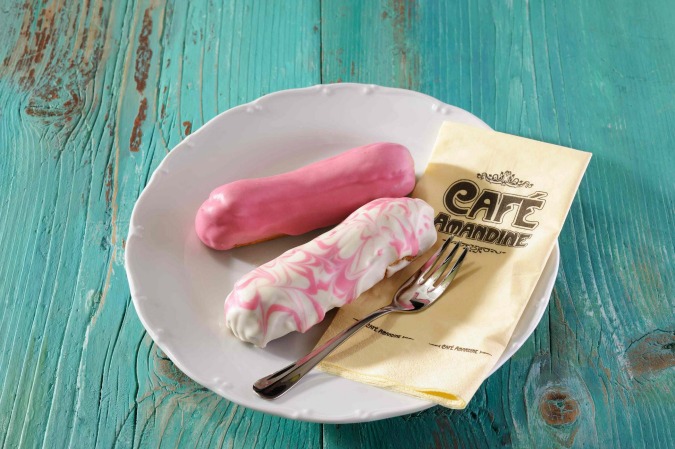 <br/ >Photo: Cafe Amandine / Facebook
<br/ >Photo: Cafe Amandine / Facebook
Wine, Cheese, and Bread
• The Czech capital is spoiled for choice when it comes to French wines. Château Šafaříkova, Na Brehu Rhony, La Cave d’ Adrien, and the newly opened Chez Greg shop are all recommended for their variety and authenticity of selection. Le Marché – Tučné a Zdravé is another fine French food shop in Prague’s Vinohrady district.
• Notable patisseries include Petite France for baked-fresh-daily baguette, Votre Plaisir for their mille-feuille, pate a choux, tarts, and Paris-Brest. To-die-for croissants can be found at St. Tropez while Fransyr has your longing for Fromage francais covered.
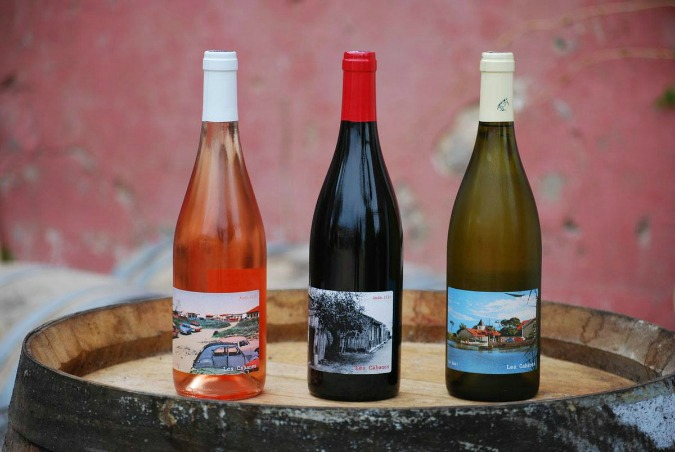 <br/ >Photo: Chez Greg / Facebook
<br/ >Photo: Chez Greg / Facebook
• The Facebook group AperosFrancophonesPrague organizes regular French-speaking meet-ups, while French speakers will appreciate the travel tips at Les Bons Plans de Prague.
• French Week and the Czech-French Chamber of Commerce have created a handy France Lover’s Map of Prague, print, and online editions, which includes a wealth of info for French incomers and Francophiles in Prague.
Which nationality should we do next? Write to us at editor@expats.cz and share your tips for adjusting to culture shock.












 Reading time: 4 minutes
Reading time: 4 minutes 






























